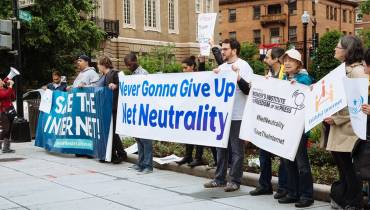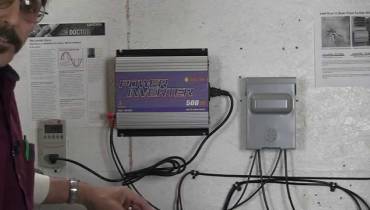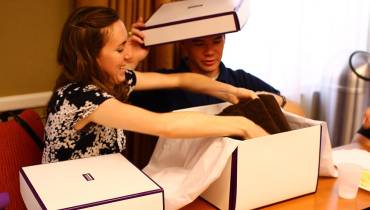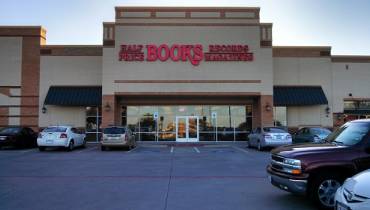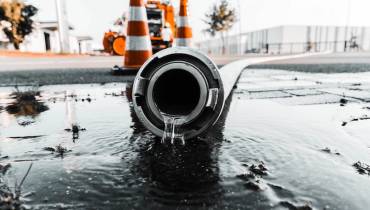How Improving Commercial Freezer Efficiency Boosts Food Businesses
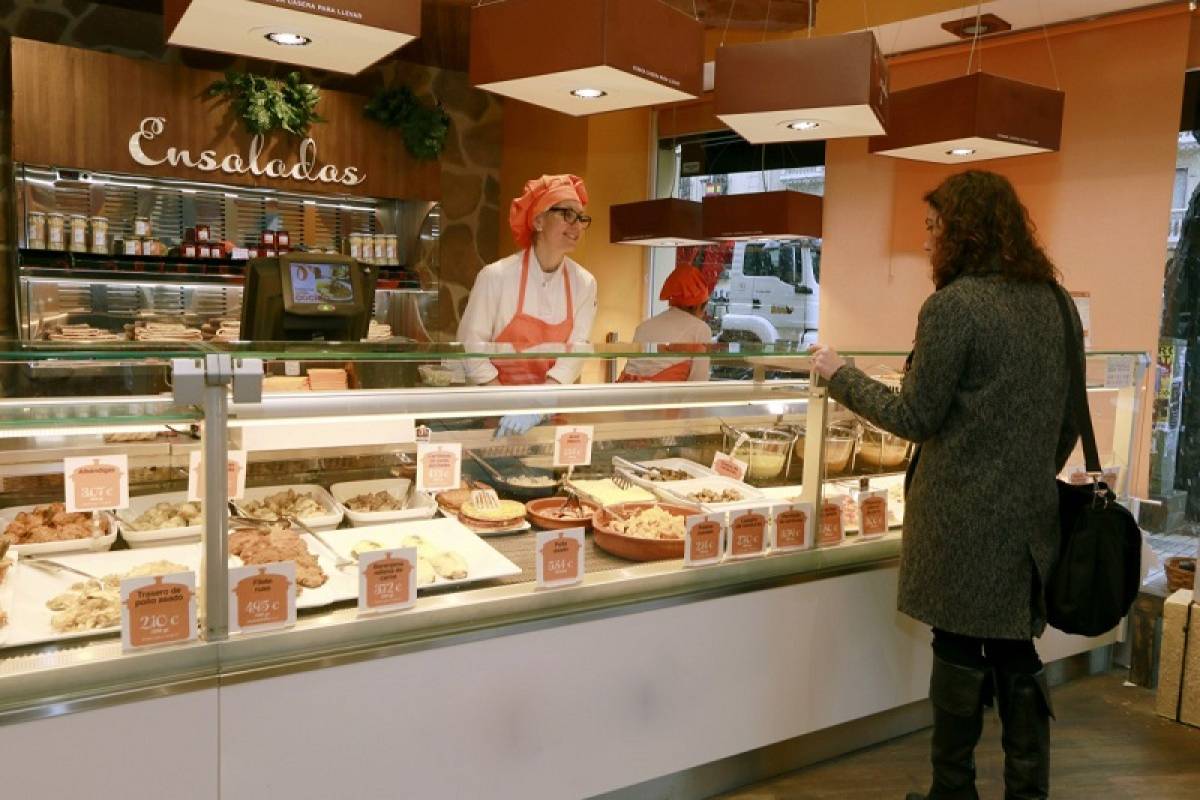
Food and restaurant businesses are among the businesses that can rake in lots of money. A single fast food restaurant can generate anywhere from $50,000 to $100,000 or more annually. Open additional locations and you could earn millions of dollars each year.
However, reducing overhead costs and saving money in food and restaurant businesses can be a major challenge. For example, the use of restaurant appliances can put a huge drain on utility usage if not managed well.
In fact, improving the efficacy of commercial fridges and freezers alone can save over half of the energy bill in the food industry.
Although commercial refrigeration equipment is one of the highest culprit for high electric consumption in restaurants and food businesses, there are some valuable insights you can use to improve the efficacy of the equipment and save serious money each month.
Refrigerators & Freezers Maintenance to Save Money
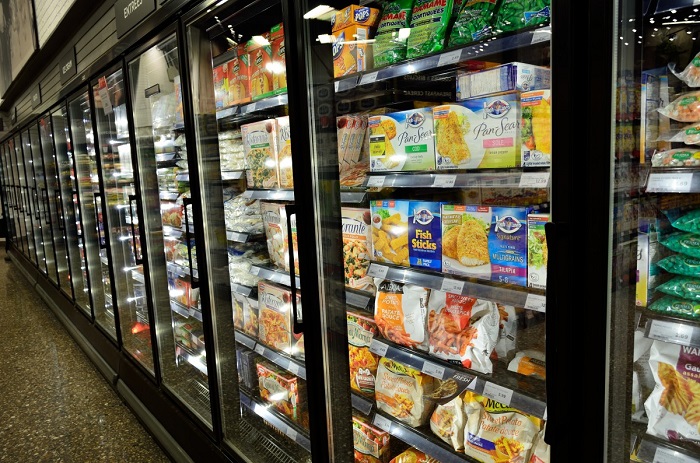
Restaurants can consume five to seven times more energy than any other commercial building in general, which means they can be costly to run.
The biggest energy guzzlers are commercial refrigerators, which use up to 17,000 kilowatt-hours of electricity, and commercial freezers, which consume up to 38,000 kilowatt-hours each day. These equipment add to your overhead cost and contribute to high energy bills.
To lower energy consumption and monthly bills in your food business, it’s important to pay attention to proper maintenance of commercial refrigerators and freezers. You will save huge sums of money by properly caring for your refrigerators and freezers:
1. Clean Your Freezer Exterior
Your freezer’s fan blades accumulate dust and grime and require a regular cleaning. Otherwise, they become sluggish and can’t do their job without using up more energy.
Give these blades a thorough wipe down every month to help them work efficiently.
2. Clean Your Freezer Interior
Keep your freezer clean to reduce risk for bacteria growth using these tips:
- Unplug the freezer
- Empty the contents
- Throw out expired items
- Wipe down the interior using warm, soapy water
- Apply a food-safe sanitizer to disinfect your freezer to reduce risk for mould and bacteria
- Plug it back in and restock the food items
3. Inspect Your Freezer
Dust and debris on the coils and condenser clog up the system and make the freezer consume more energy.
Inspect your freezer regularly for the following:
- Make sure doors shut properly to avoid cold air leaks
- Check for signs of mould or debris building up along the door seals
- Regularly check for and wipe spills that can lead to rust
- Check door gaskets for tears or rips
4. Maintain Ideal Temperature
Keep in mind that just a minor change in the temperature (either too high or too low) can destroy the items in the freezer and lead to higher or lower bills.
Therefore, check the temperature often to make sure it is ideal for maximum food quality at – that means 18 Celsius (0 Fahrenheit).
5. Watch Out for Moisture
Because you open and close the freezer door constantly, it can lead to moisture buildup, which can inadvertently increase your energy bills.
To avoid increased moisture, ensure optimal moisture control to help prevent overworking the compressors that can lead to higher energy bills.
6. Avoid Frost Buildup
Inefficient and frost-damaged commercial freezers increase operating costs.
Choose a system with a smart or on-demand defrosts function. Your system will defrost when the sensors indicate it is needed. This saves energy.
Commercial Freeze Care and Savings - Infographic
To learn more about how you can save energy with proper care and maintenance of your commercial freezer, check out this neat infographic below.








